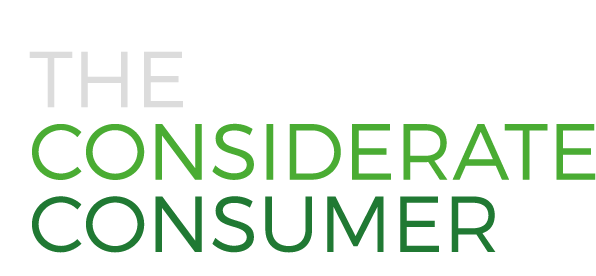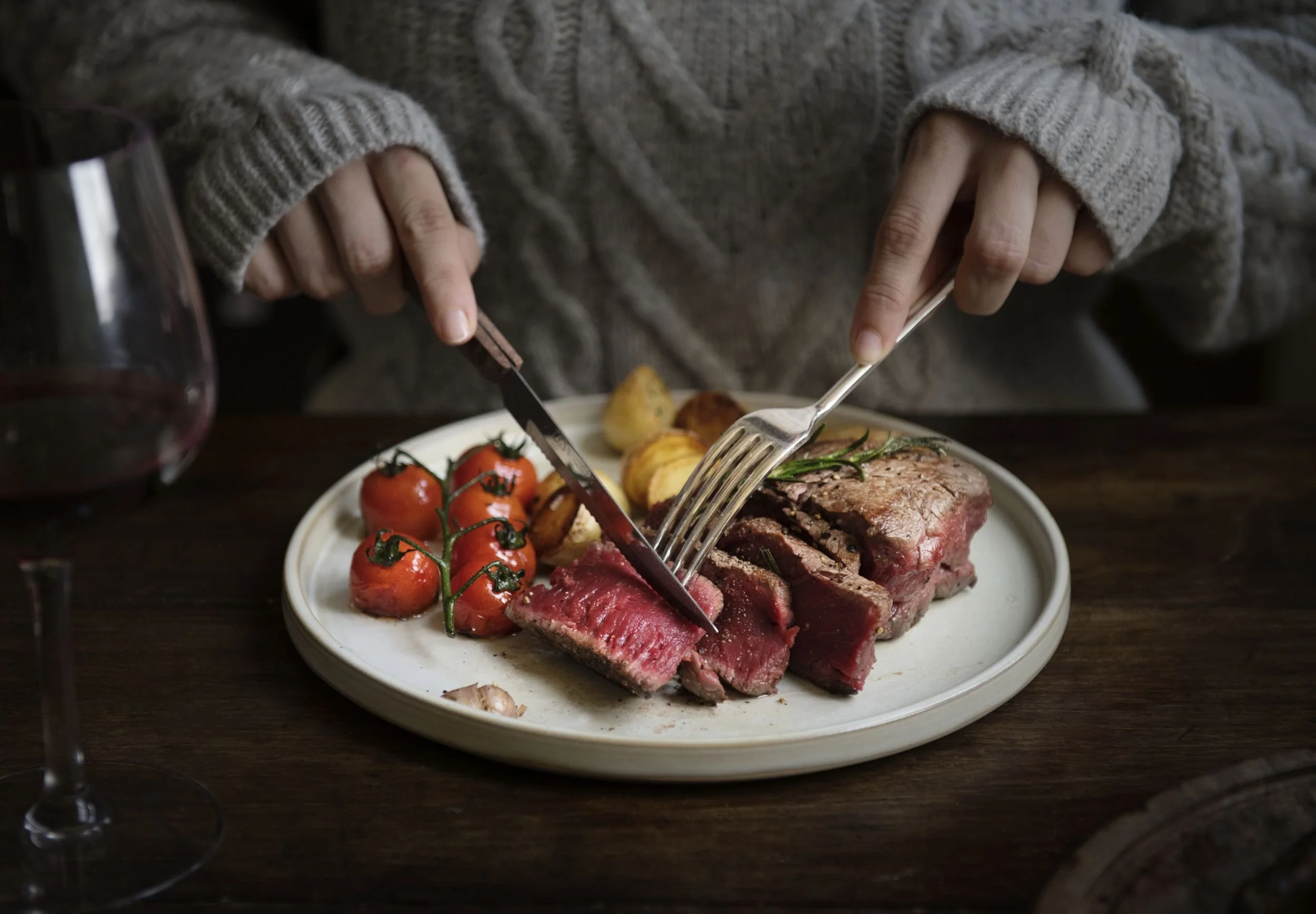December 2019
We all love the taste of milk and dairy products like cheese, butter, yoghurt, curd, cream, etc., right!?
Fruity lemon cheesecake, your pizza covered with a golden-brown crunchy cheese crust, spicy hot chocolate, or creamy yoghurt with honey and almonds are daily companions on our menus. But those enjoyments come with a price.
The good news: It is possible to feast more environmentally friendly, even without harming animals and our planet.
Here is the first piece of information to inspire you on how to consume milk and dairy more sustainably.
ORGANIC MILK & DAIRY
Organic Food → is generally better for the planet, animals and our health.
The EU and/ or a national Organic Label → will help you to find these products at most conventional food shops, with markets and online shops also stocking them.
Note that organic food is more expensive compared to non-organic.
Organic dairy cattle are kept under stricter regulations, though the specifics vary from country to country:
They cannot spend their whole lives indoors and graze naturally on a diet of grass when regularly outside. About 1/5 of their lifetime is spent inside.
Their barns must be spacious and well-bedded.
Shelter, food and water must always be available outside during winter.
They aren’t pushed to their milk-producing limits and yield around 1/3 of the milk produced by non-organic cows.
The treatment of calves highlights key differences between organic and non-organic:
They must be fed natural (preferably mother’s) milk for a minimum of three months and can only be weaned once able to take in adequate solid food.
Organic farmers must avoid culling calves or selling males to the conventional veal industry, which culls male calves of milk-producing breeds deemed otherwise ‘unusable’.
This means raising breeds for milk and meat, such as Red Poll or Shorthorn.
DAIRY ALTERNATIVES
Cow’s milk is traditionally endorsed as a good part of a balanced diet, though this is contested. In any case, plant-based alternatives are on the increase.
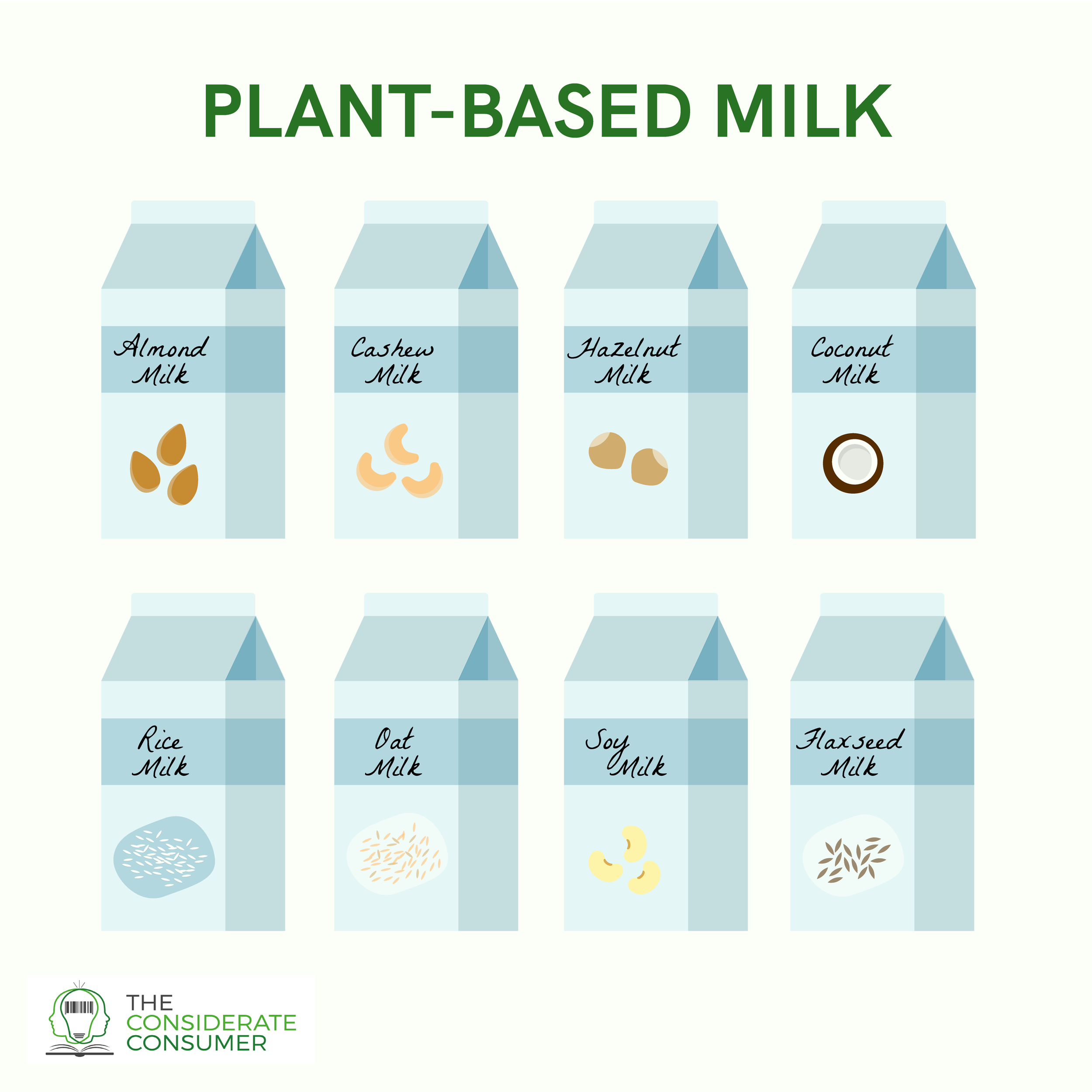
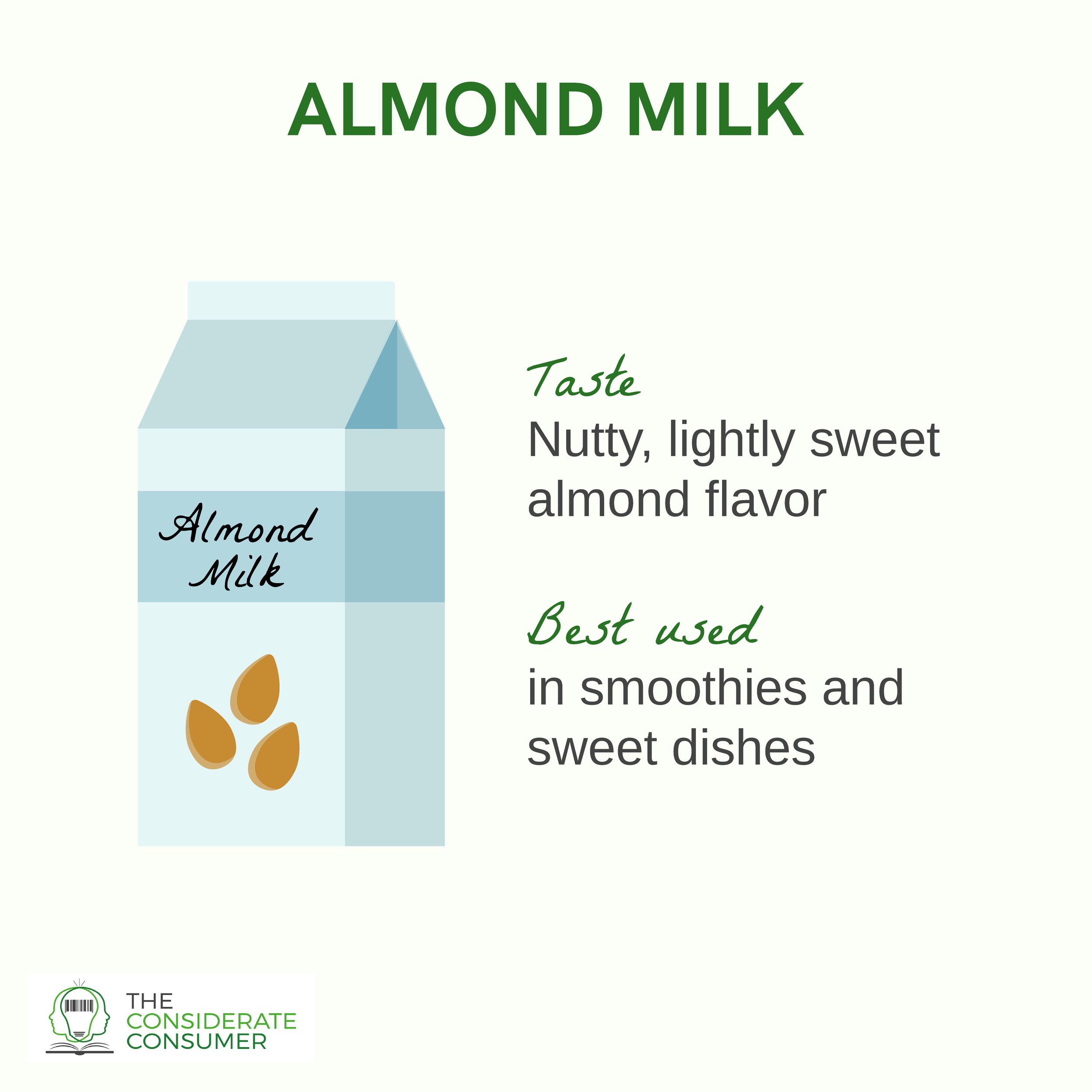
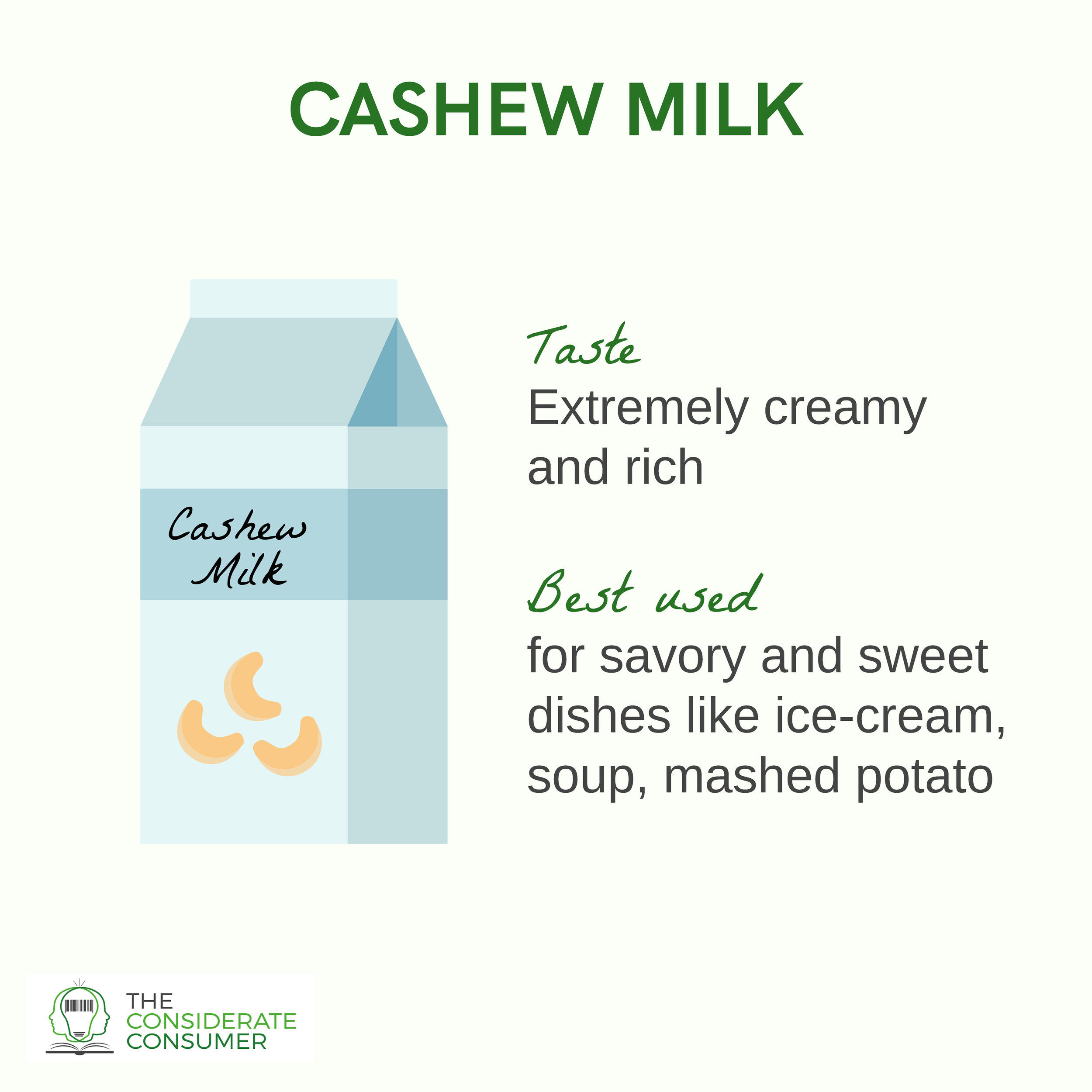
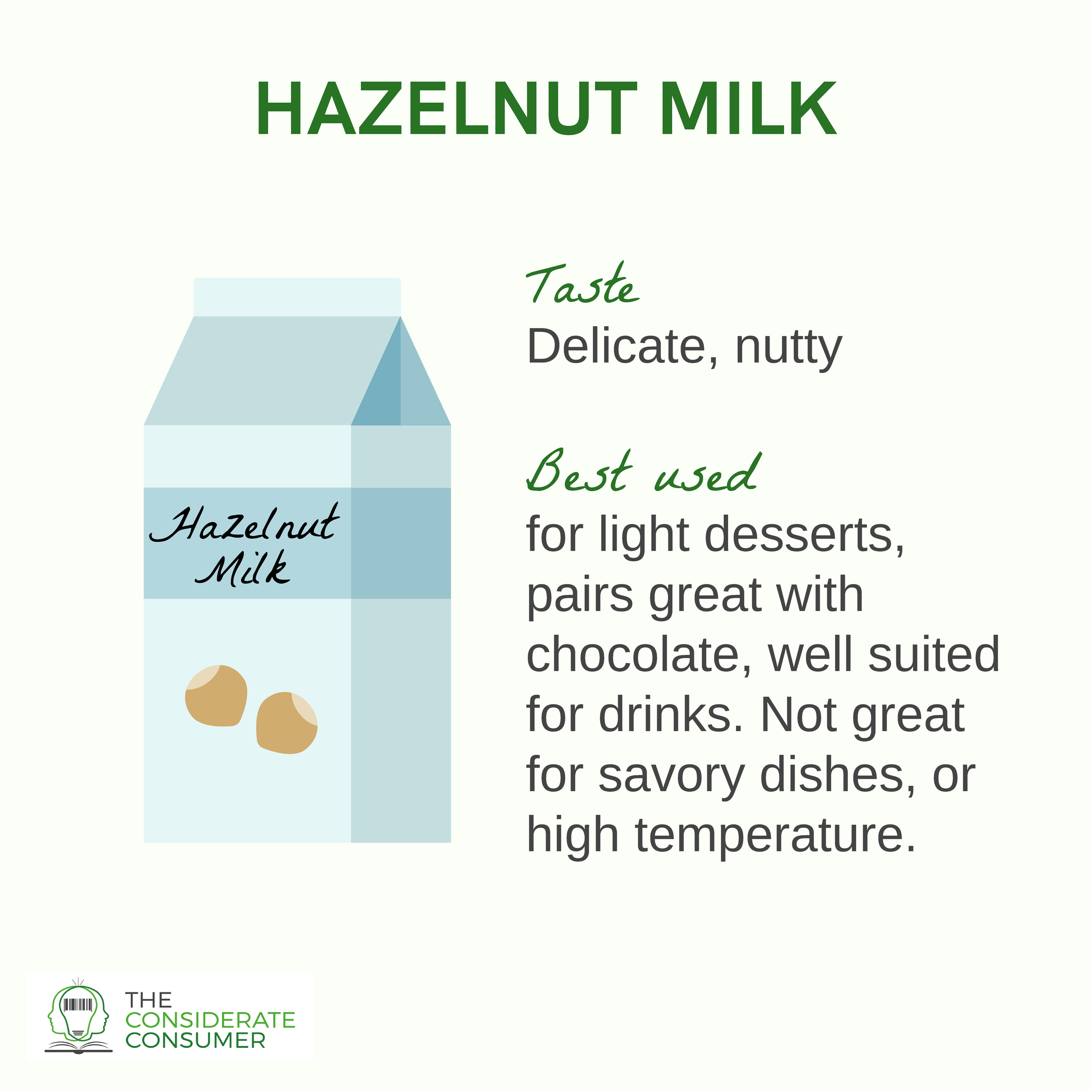
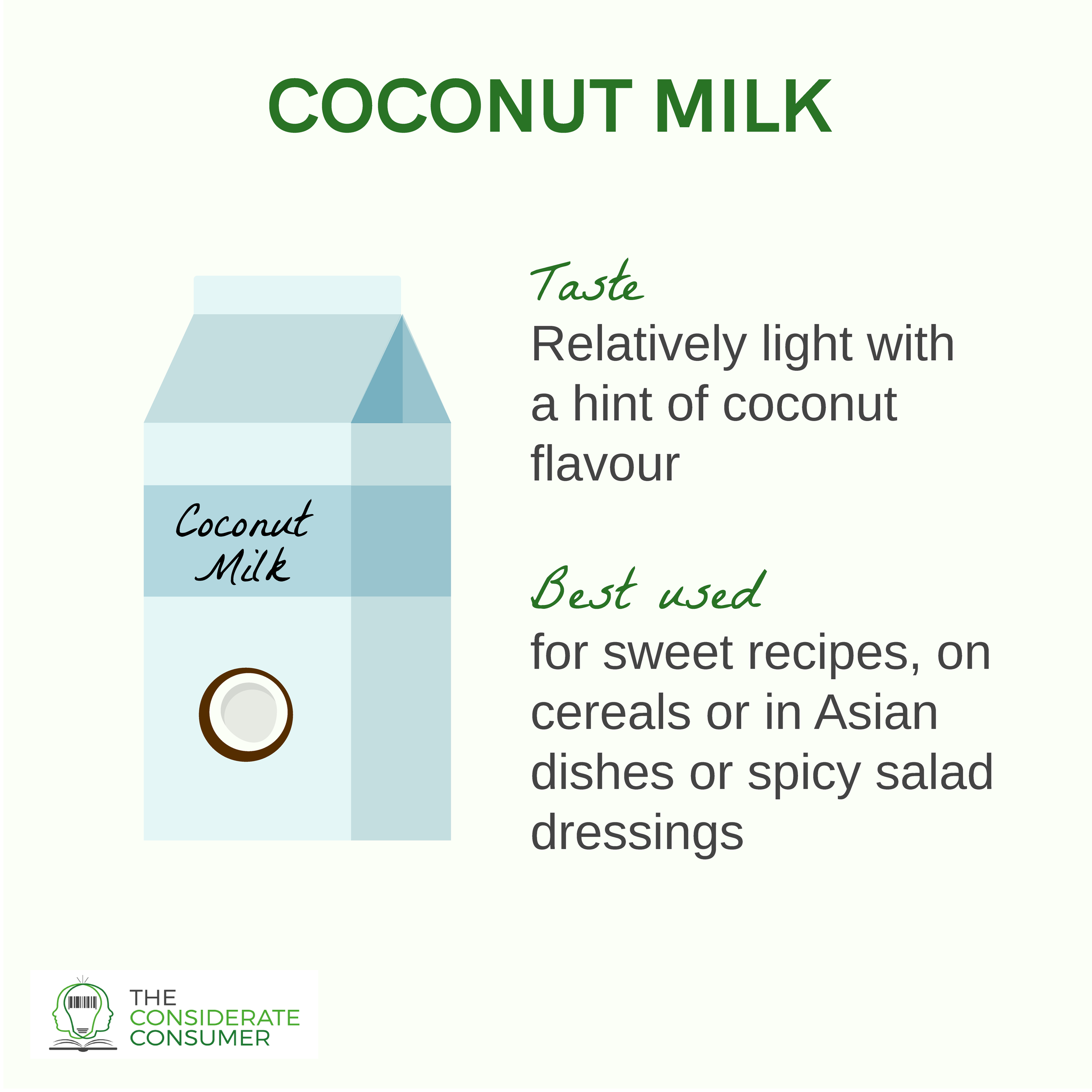

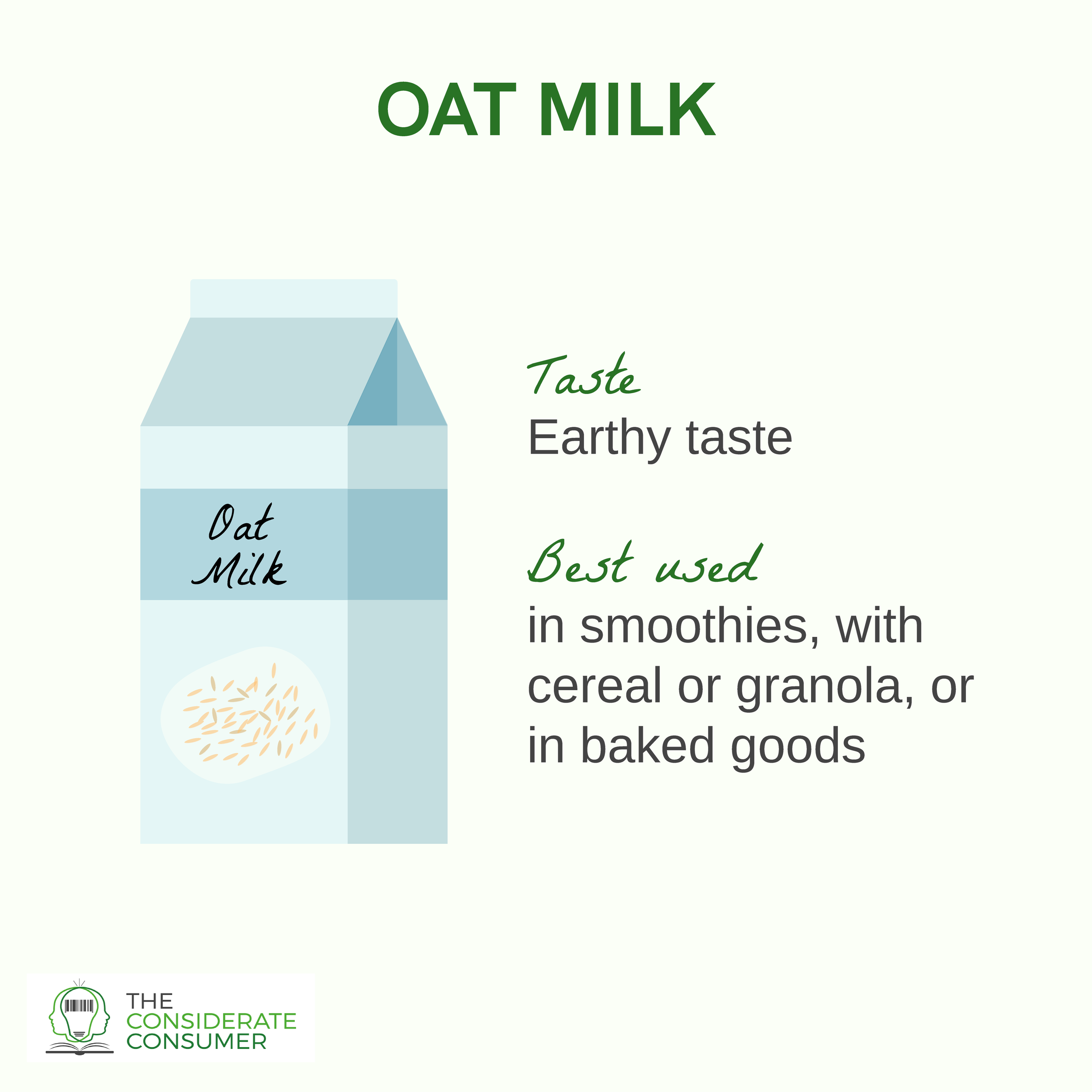
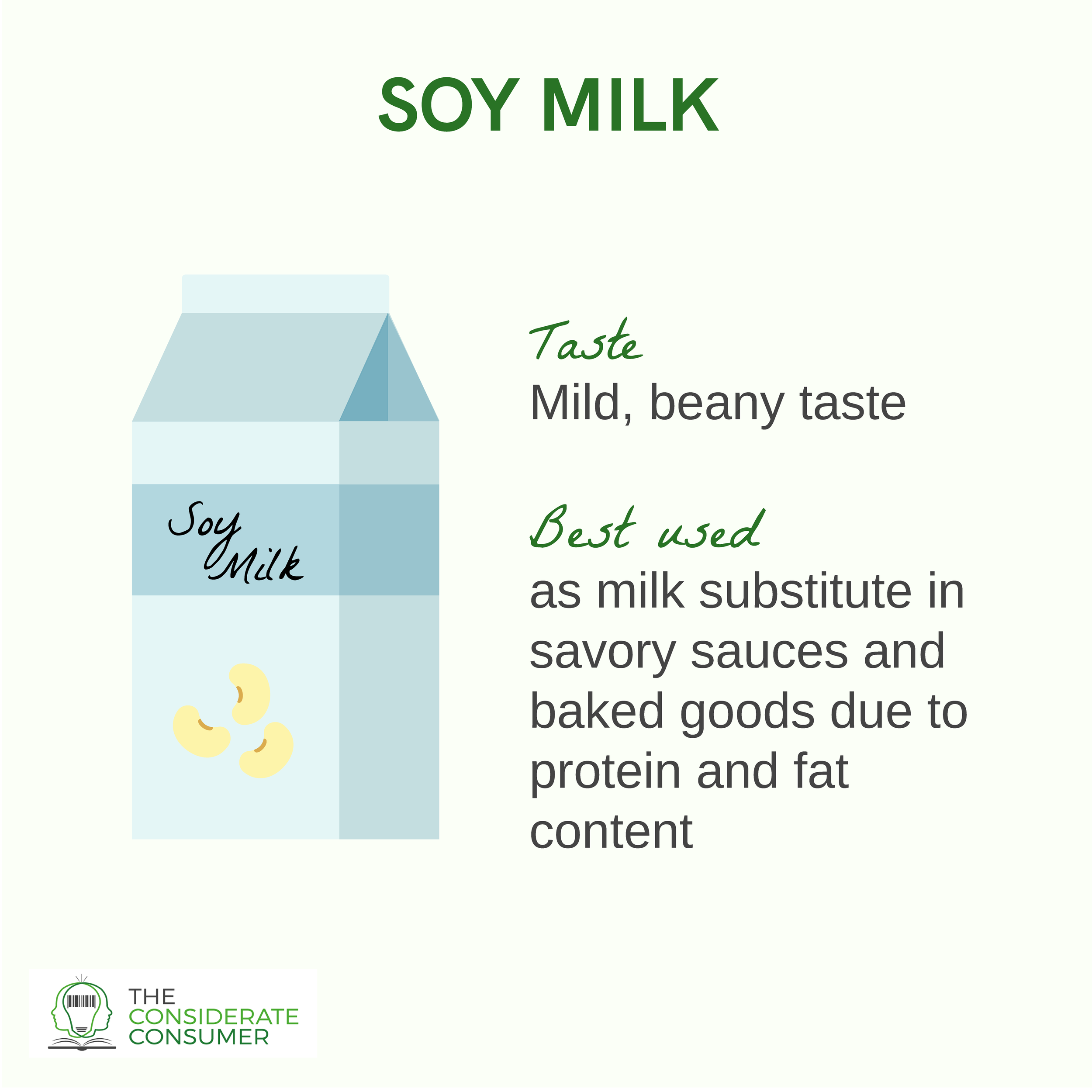
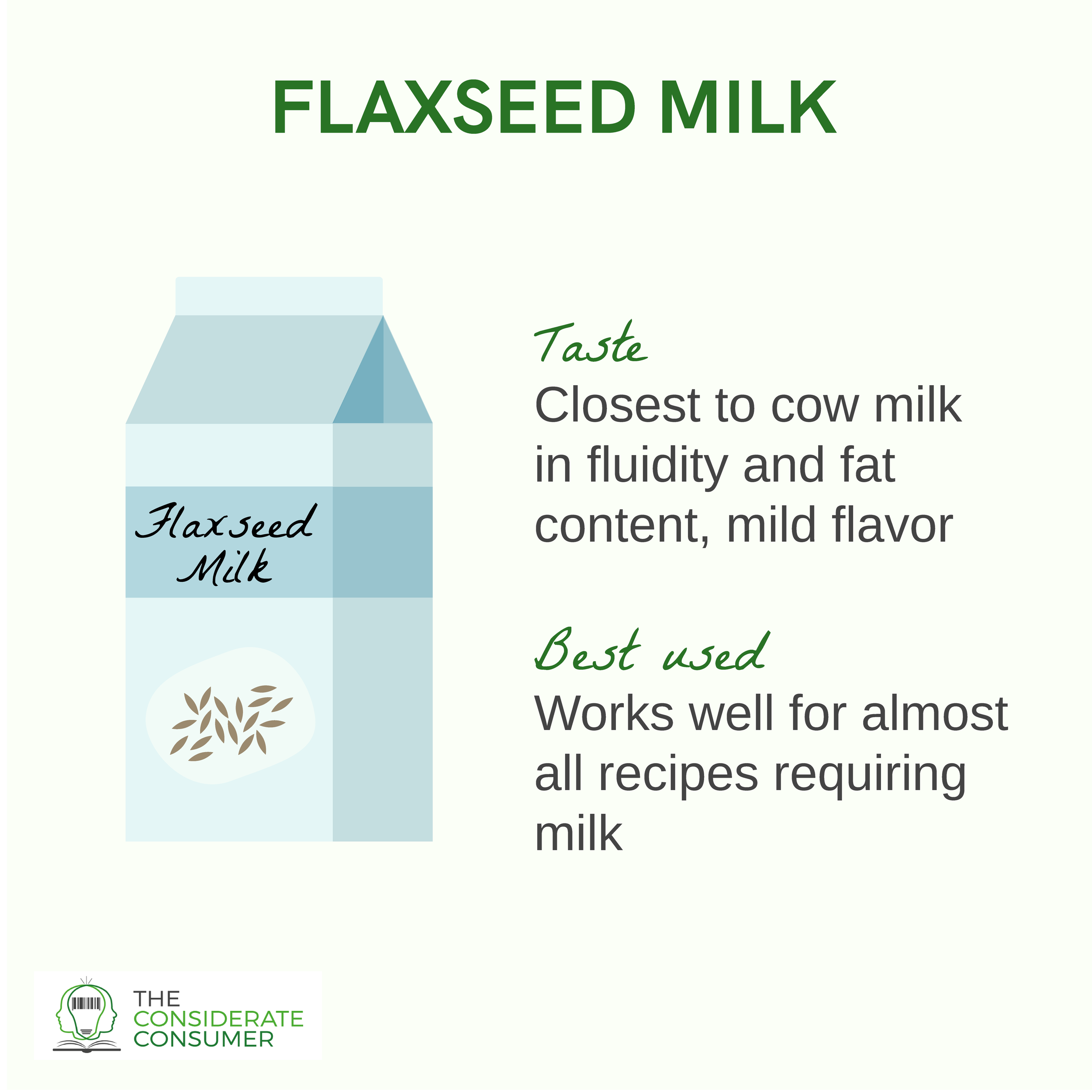
Going dairy-free is usually in support of animal welfare.
Plant-based alternatives can be made from cereals, legumes, nuts, seeds, etc. Several types are available on the market, so taste a few to find your favourite. It is also possible to make them yourself at home.
They are much better for the environment, needing less land and water and producing far fewer greenhouse gasses during production.
However, as with all crop-based products, some milks are more sustainable than others when considering their agriculture, farm labour and transportation.
These milks can also be used as a substitute for cow’s milk, when preparing meals. However, each one has its properties to consider:
Almond: lightly sweet with a delicate nutty flavour. Good for desserts, sweet dishes and smoothies.
Cashew: rich, creamy and tasty. Good for sweet and savoury needs like ice cream, soup or mashed potatoes.
Coconut (not regular/ canned coconut milk): light with hints of coconut flavour. Good for sweet recipes, cereal, Asian dishes and salad dressing.
Flax seed: mild and closest to cow’s milk. This milk is very versatile.
Hazelnut: delicate, best used in light desserts or hot beverages.
Hemp: Strong but allergen-free. Avoid it in delicately-flavoured foods as it can be overpowering for some.
Macadamia nut: Rich and delicious. Good on its own or for baking, sweet dishes and smoothies.
Oat: Earthy taste that is neither too bitter nor sweet. Works in sweet and savoury recipes but is particularly good for cereal, smoothies and baked goods.
Rice: Light and a bit watery. Good for delicate dessert recipes that need little fat.
Soy: mild, distinct, ‘beany’ taste. Good for savoury sauces and baking.
PLANT-BASED DAIRY PRODUCTS
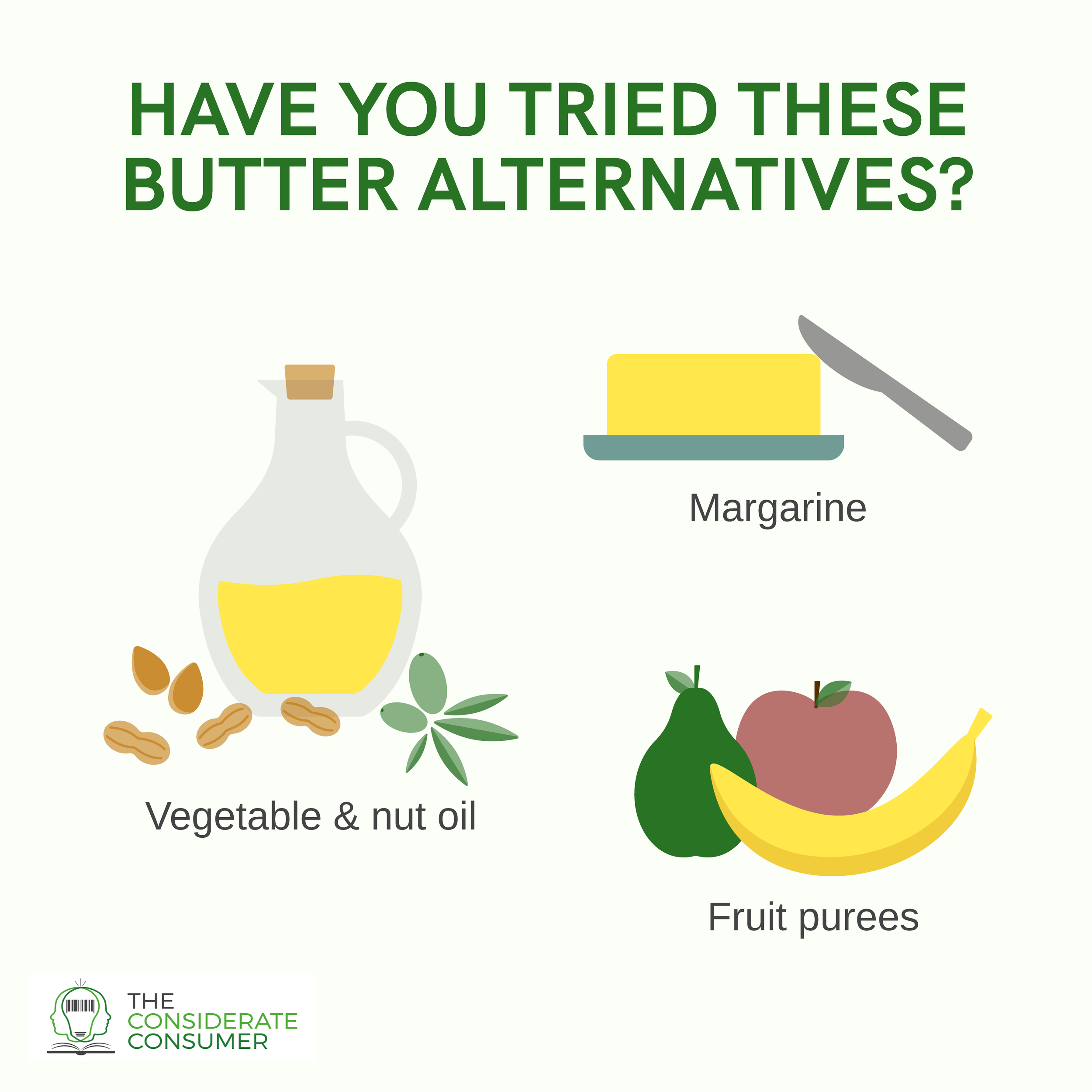
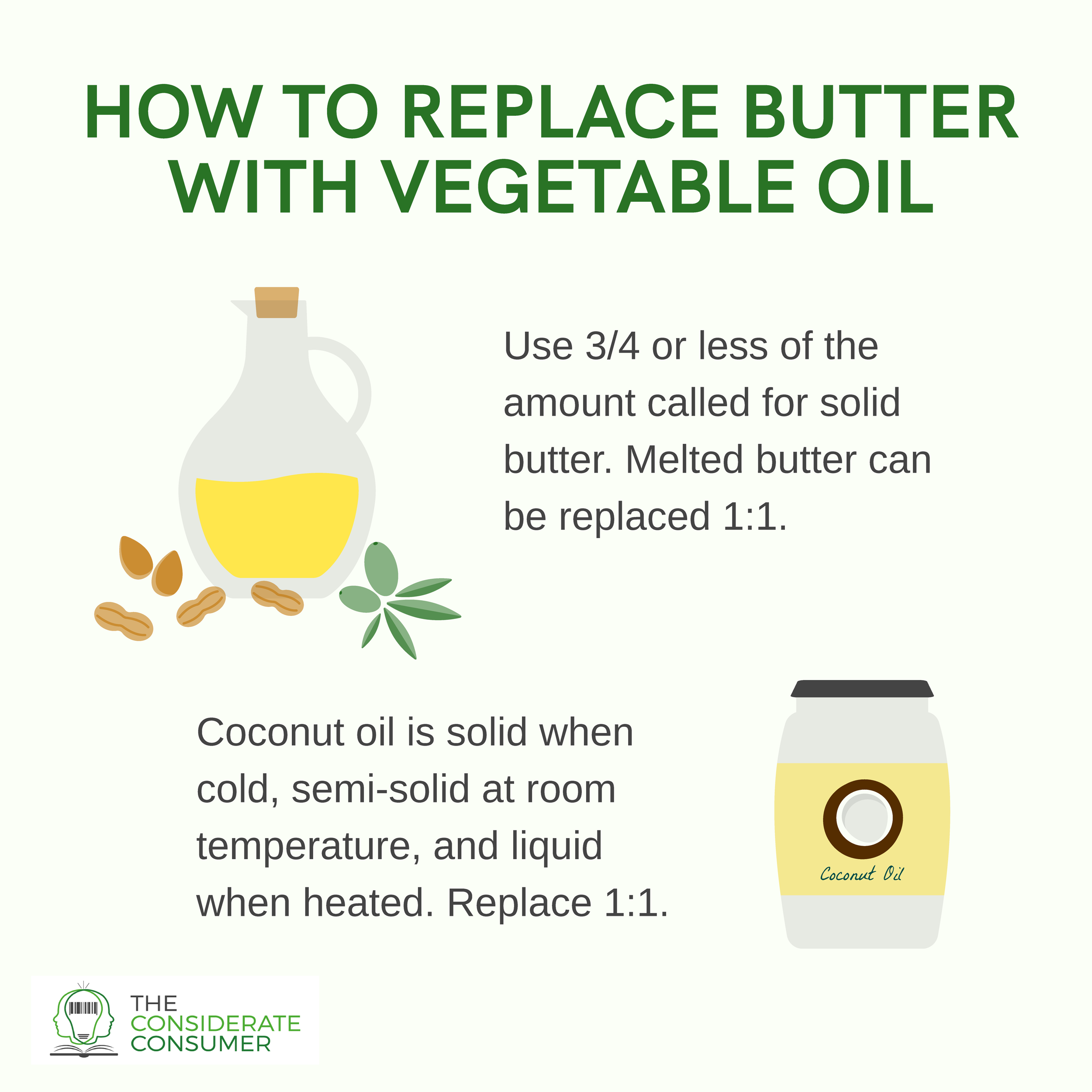
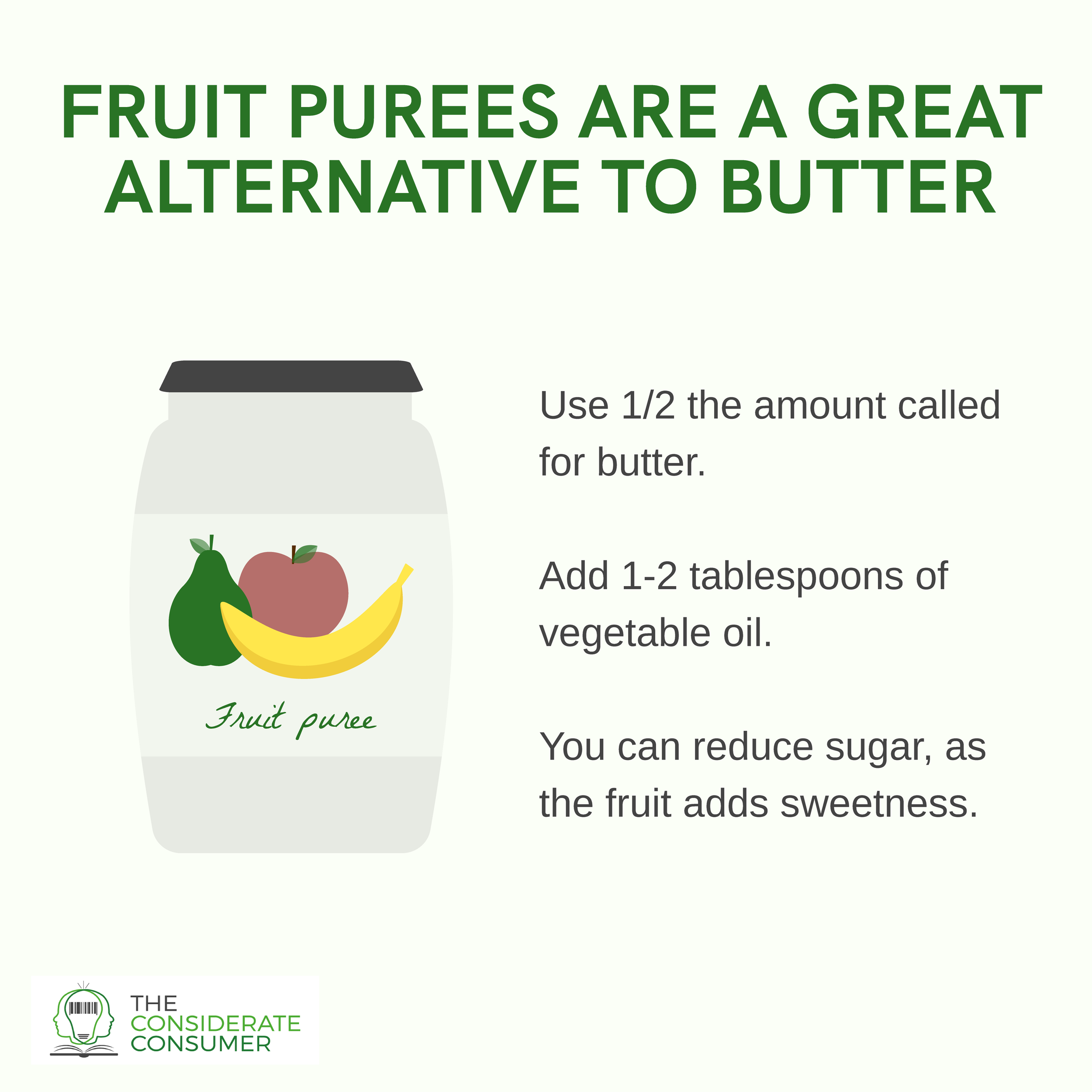
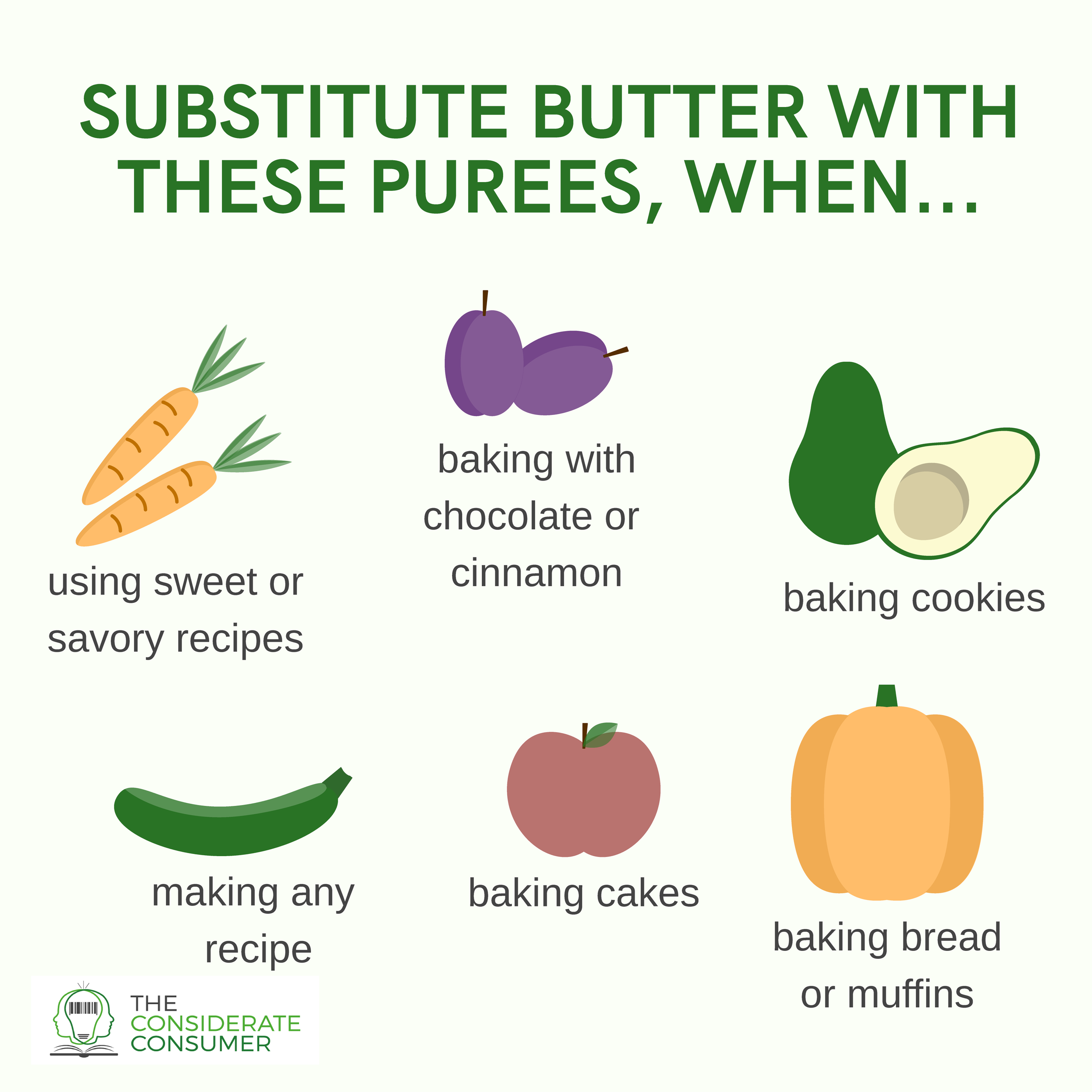
Plant-based creams, yoghurts, butter, cheeses, spreads, and fillings are now also becoming readily available at conventional shops, organic shops and online vegan shops like Filata, Soyana, Tofutti and Vegourmet.
There are various ways to make your own to be found online.
Vegetable oil is the most-used butter substitute, but fruit and vegetable purées are also good alternatives to fats in cooking.
Like alternative milks, there is a variety to consider when considering your recipe. For example, courgette or carrot purée is versatile whilst pumpkin is good for most baking and apple works in cakes.
Alpro, Oatly and Naturli are some of the various brands selling plant-based products.
CLEAN MILK
The future could see lab-grown milk fulfil consumer demand for dairy, though it is still an emerging science.
This entails recreating milk proteins through fermentation.
The main benefit is the option to enjoy milk without supporting the environmental and animal-welfare concerns of mass dairy farming. However, questions on the culture, nature and health surrounding lab-growing will also arise once the science progresses.
Studies show that such milk could take up half the market by 2030.
Lab-growing is being pioneered by companies like Perfect Day Foods and Turtletree Labs.
Learn more
Check our sources: Bibliography →
